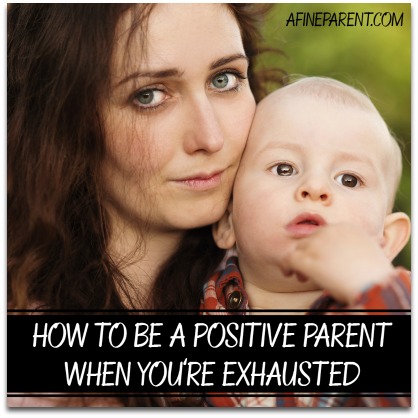 We don’t do anything well when we’re tired.
We don’t do anything well when we’re tired.
We don’t drive well, perform surgery well or screen airline baggage well when we’re tired.
And as millions of us know from experience, we don’t parent well either.
Science gives us some clues as to why. When we don’t get enough sleep, the frontal and parietal control regions of the brain don’t raise activation as well as normal, and there is reduced activation in the visual sensory cortex.
In plain language, our brains don’t work right. Studies have found that just one night without sleep causes impairment in tasks requiring flexible thinking, that people who are sleep deprived are more irritable (duh!) and that sleep deprivation makes it difficult to multitask.
So why do we expect ourselves to be good parents when we’re exhausted?
Maybe because being tired seems like the very definition of parenthood. Newborn babies wake frequently to eat, older babies and toddlers wake from teething pain and separation anxiety, older children wake when they have nightmares, and everyone sleeps poorly when they’re sick.
Luckily, most sleep disturbances are relatively short-lived, and research suggests that our brains go back to normal after getting some good sleep. But until we can get that sleep, how do we manage our children and maintain our commitment to positive parenting?
As the mother of two children who regularly wake me up in the middle of the night (often repeatedly!), I have a lot of experience parenting with minimal sleep. I’ve learned that although it’s hard to be the parent I want to be when I’m tired, it is possible if I keep a few simple things in mind.
Below are some of the tricks I’ve learned to be the best parent I can be when I’m tired.

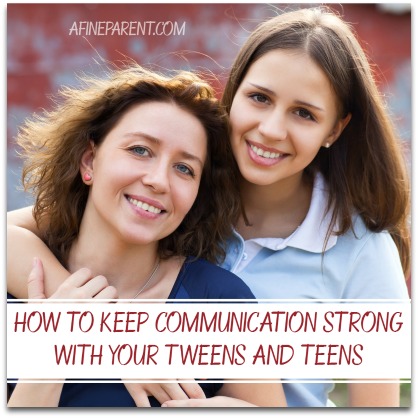 As your children grow, everything seems more important — mistakes have bigger consequences, peers can be a bigger negative influence, and there is potential for embarrassment on social media.
As your children grow, everything seems more important — mistakes have bigger consequences, peers can be a bigger negative influence, and there is potential for embarrassment on social media.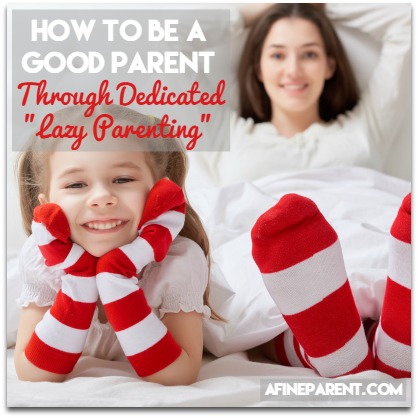 Let’s face it, parenting today takes work.
Let’s face it, parenting today takes work.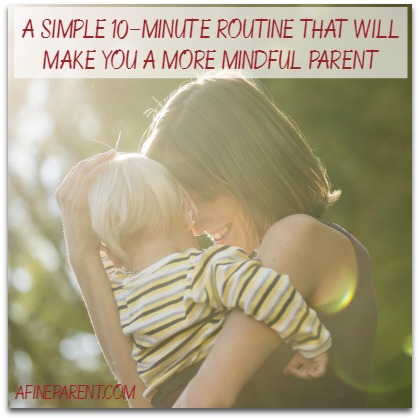 We recently had another family over for dinner when my three-year-old decided to pass around her latest “art project” – a piece of construction paper that was supposed to resemble a fruit roll-up.
We recently had another family over for dinner when my three-year-old decided to pass around her latest “art project” – a piece of construction paper that was supposed to resemble a fruit roll-up.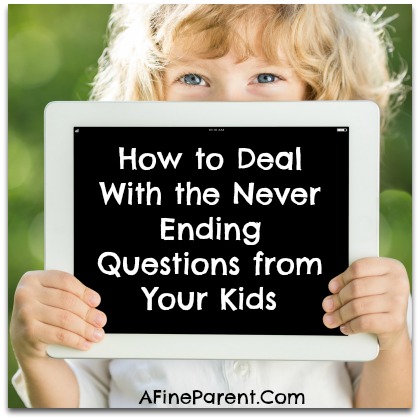 We all know that children are naturally inquisitive. We also know their inquiry sometimes manifests itself in annoying ways or at inopportune times, “Are we there yet?” or “Is that lady having a baby?” being among the most common examples.
We all know that children are naturally inquisitive. We also know their inquiry sometimes manifests itself in annoying ways or at inopportune times, “Are we there yet?” or “Is that lady having a baby?” being among the most common examples.